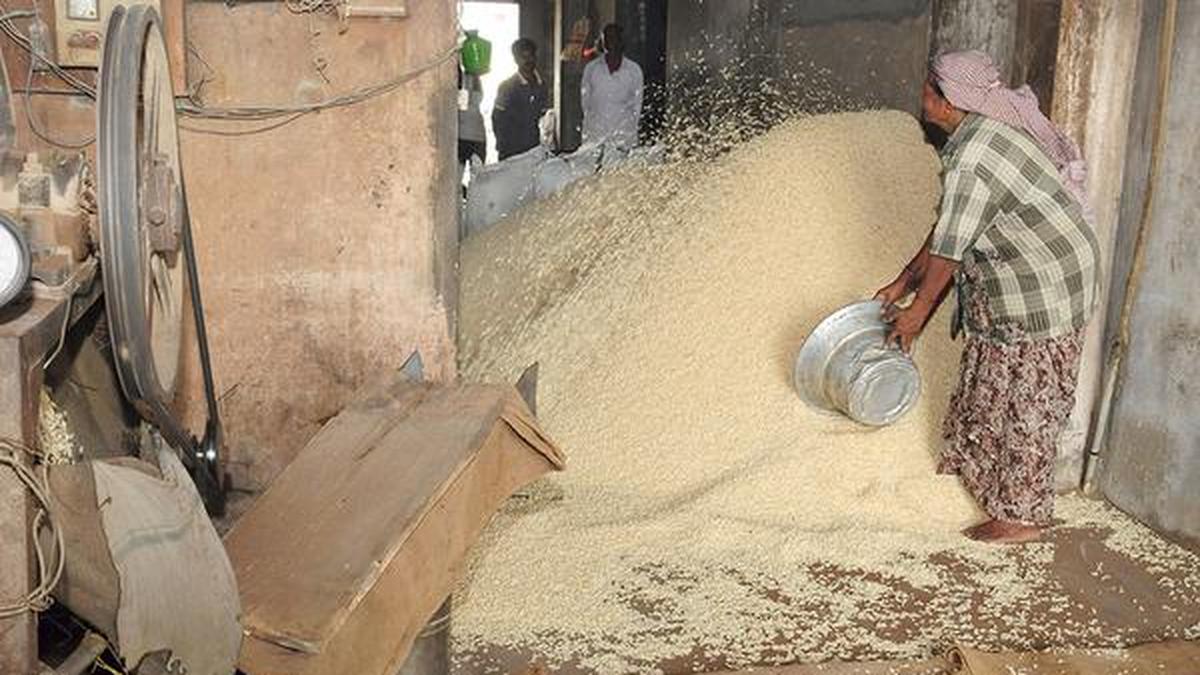
Why are state governments complaining about denial of food grains under OMSS? | In Focus podcast
The Hindu
In this episode, Reetika Khera speaks to us about the Open Market Sale Scheme, and why the Union government put an end to state governments sourcing grains under this scheme.
Last month, the Union government stopped the sale of rice and wheat from the Central pool under the Open Market Sale Scheme (OMSS). This has provoked sharp reactions from state governments led by Opposition parties, especially Karnataka and Tamil Nadu, who have accused the Centre of “playing politics” and of being “anti-poor”.
State such as Tamil Nadu, which have a universal Public Distribution System (PDS), have utilised the OMSS route to procure additional food grains over and above what they get from the Centre under the National Food Security Act (NFSA). Now, the Congress government in Karnataka, which had promised additional 5 kg of food grains under its Anna Bhagya scheme, has said that because of the Centre’s refusal to provide food grains under OMSS, it will provide cash transfers equivalent to the price of those food grains.
So, why exactly has the Union government put an end to state governments sourcing grains under the OMSS? Is it to curb inflation, as it claims? And is there a case for OMSS to be made available once again for state governments?
Guest: Reetika Khera, Professor of Economics at IIT, Delhi.
Host: G. Sampath, Social Affairs Editor, The Hindu.
Edited by Sharmada Venkatasubramanian.
Listen to more In Focus podcasts:













